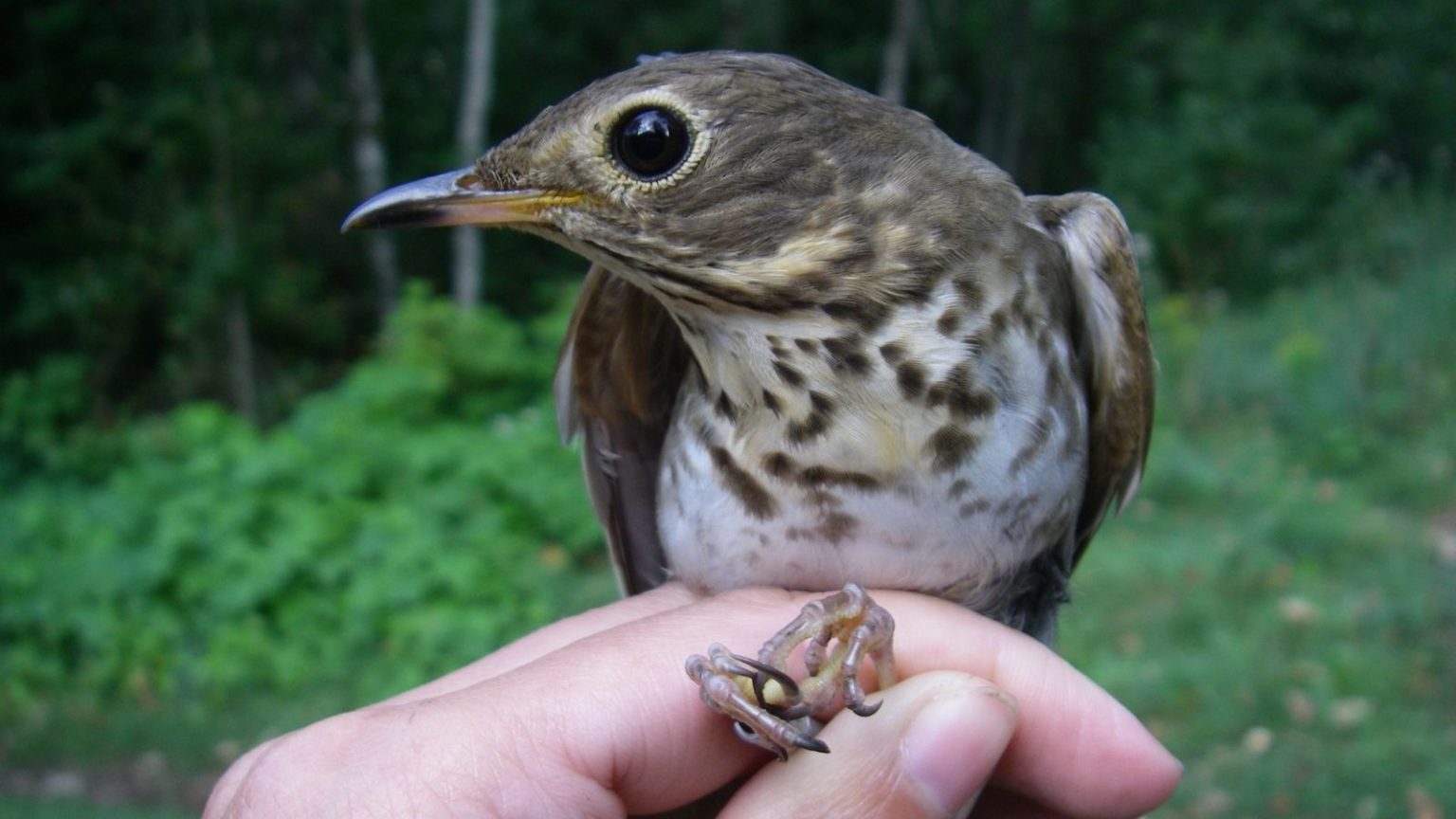This is an exceptional achievement for Dr. Delmore recognizing the impact of her work on the fields of ecology, evolution and genomics. Her work brings together field studies with state-of-the-art genomic approaches and positions her to be a leader at Texas A&M and within the broader scientific community.

Dr. Kira Delmore, an assistant professor in the Department of Biology at Texas A&M University, has been selected to receive a National Science Foundation Faculty Early Career Development (CAREER) Award, a prestigious honor intended to help kick-start the careers of rising faculty with the potential to become academic leaders in both research and education.
Delmore is the first investigator in Texas A&M Biology to be honored with the prestigious award and the second recipient thus far in 2022 within the College of Science, which has seen 12 of its researchers recognized since 2017, according to Texas A&M Science administrators and NSF online awards database records.
“This is an exceptional achievement for Dr. Delmore recognizing the impact of her work on the fields of ecology, evolution and genomics,” said Dr. Alex C. Keene, professor and head of Texas A&M Biology. “Her work brings together field studies with state-of-the-art genomic approaches and positions her to be a leader at Texas A&M and within the broader scientific community.”
Delmore’s proposal, “Seasonal migration as an ecological barrier to gene flow between hybridizing species,” has been funded through the Division of Integrative Organismal Systems beginning in March 2022 and continuing through February 2027. The $891,000 project, which builds on Delmore’s previous success as a member of the Texas A&M Center for Biological Clocks Research as well as Texas A&M’s interdisciplinary degree programs in Genetics and Ecology and Evolutionary Biology, will use state-of-the-art tracking and genomic technology to test the role differences in migration play in maintaining and generating biodiversity.
With the help of a global network of radio towers, Delmore plans to collect data on migration routes in the Swainson’s thrush, a migratory bird with eastern- and western-migrating subspecies that annually travel from breeding grounds in northwestern North America via Mexico to Central and South America. Her project will evaluate the underlying genetics of migration routes and the consequences of routes intermediate between the classical eastern and western routes for survival and maintenance of boundaries between the subspecies.
Delmore says the novel study represents the first direct test of migration’s role in speciation to date using bird-tracking infrastructure and genomic resources to analyze not only specific migratory routes but also their genetic and geographical influences and related outcomes. Her three-part goal is to compare survival rates of parental and hybrid thrushes, identify genetic variants underlying migratory traits, and test if selection against hybrids is acting on these variants.
Because many of these radio towers are hosted by schools, Delmore notes that her project will provide inspirational teaching resources for elementary, secondary and undergraduate students across the Americas. She will collaborate with science educators in North American non-governmental organizations in Latin America to design educational modules focused on migration and evolution for teachers, provided in both English and Spanish and offered to students internationally across the migration routes of the thrush. These modules will integrate “nature of science” pedagogy and highlight the role of underrepresented groups in STEM research while featuring international coordination as key to the protection of migrating species.
Delmore joined the Texas A&M Biology faculty in 2018 after earning her Ph.D. in zoology at the University of British Columbia in 2015 and completing three years of postdoctoral research at the Max Planck Institute for Evolutionary Biology in northern Germany. Her research, which focuses on adaptation and speciation in birds, is motivated by understanding where diversity originated in the natural world and how it is maintained.
“I am inspired by the varied ways in which natural hybrid zones can be used to understand evolutionary processes and the early stages of divergence, and I love integrating data to inform the field, lab, museum and bioinformatics worlds,” Delmore said. “This work will reach fields beyond hybridization and speciation as well, including the genetics of complex behavior and conservation.”
Each year, the NSF presents an estimated 500 CAREER awards totaling around $250 million to early career faculty at U.S. institutions of higher learning, museums, observatories, research laboratories, professional societies, and similar organizations associated with research or educational activities.
Learn more about the NSF CAREER program or Delmore and her research.
# # # # # # # # # #
About Research at Texas A&M University: As one of the world’s leading research institutions, Texas A&M is at the forefront in making significant contributions to scholarship and discovery, including in science and technology. Research conducted at Texas A&M generated annual expenditures of more than $1.13 billion in fiscal year 2020 and ranked 14th in the National Science Foundation’s Higher Education Research and Development Survey. Texas A&M’s research creates new knowledge that provides basic, fundamental and applied contributions resulting, in many cases, in economic benefits to the state, nation and world. To learn more, visit Research@Texas A&M.

